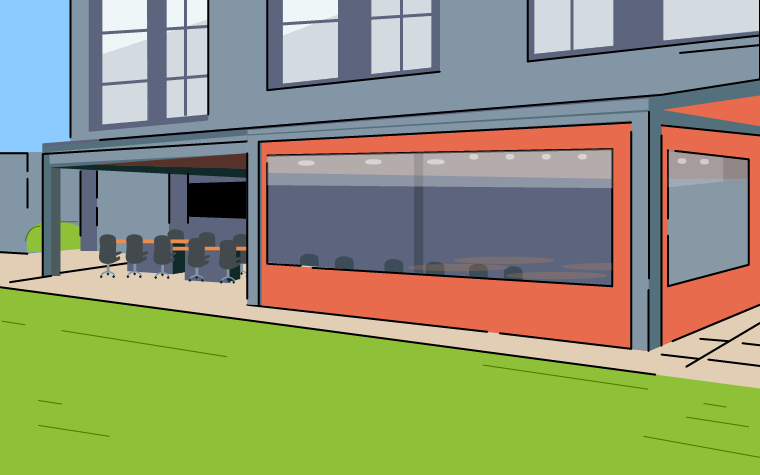Is it the end of outdoor education?
This blog discusses the important role of outdoor education in the development of young people and looks at how your school can maximise its outside space.

It’s safe to say that the world of education has been turned upside down this year. Whilst schools are currently open, outdoor learning in the form of residential visits and school trips has effectively ground to a halt.
In this article, we discuss the important role of outdoor education in a child’s development. We also look at some ways in which kids can continue to engage with the outdoors (even if that means using school grounds to do so).
Why is outdoor education so important?
Outdoor education has long been a part of the school curriculum. This type of learning can take place in a variety of settings – rural or urban, local or further afield. It focuses on and encourages activities like team-building, problem-solving and independent pursuits such as sports.
The UK has a long tradition of outdoor education through initiatives like Outward Bound and the Duke of Edinburgh’s Award. Outdoor learning gives kids a valuable opportunity to experience “something different”, whether that be rock climbing, camping, or water sports.
For many students, a trip to an outdoor education centre is something they look forward to. As these trips are often residential, it might be the first time they’ve spent a night away from their family. It might also be the only chance they ever get to experience a particular environment or outdoor activity. This is particularly true for those living in urban or inner-city areas.
Outdoor education offers kids the chance to expand their horizons. It also helps them build soft skills and resilience by putting them outside of their comfort zone. By facing up to the challenges that unfamiliar outdoor activities present, kids can overcome apprehension and fear. This helps them build their self-confidence and trust in others, themselves, and their abilities.
Another significant benefit of outdoor education is that it encourages a sense of respect for the environment. Being immersed in nature can help kids develop an appreciation for the outdoors and an understanding of the need to protect it.
How can kids engage with the outdoors in the face of COVID-19?
Outdoor recreation contributes greatly towards overall well-being, health, and fitness. Getting into the habit of being active outdoors when you’re young also encourages healthy living in later life.
With outdoor centres currently closed to prevent against the risk of Coronavirus, schools have an important role to play in making the most of their outside space. Although schools should exercise care in preventing groups of children socialising, kids can still spend time outside if they follow the guidance (e.g sticking to small ‘bubbles’).
School playgrounds are likely to play an important role in this, providing an area for kids to play or just get some fresh air during the daylight hours as we move through winter. If your school has a playground shelter or canopy this offers a practical solution to maximising your outdoor space in all weathers. You might even want to consider delivering some of your teaching outside if it’s not too chilly!
At Utility Rentals we can provide playground shelters, canopies and mobile hand washing stations to facilitate using your school’s outside space. Our flexible leases include annual, quarterly, or termly options – and there are no upfront costs!
If your school is interested in equipment to make the most of your outside space, contact our friendly team!

